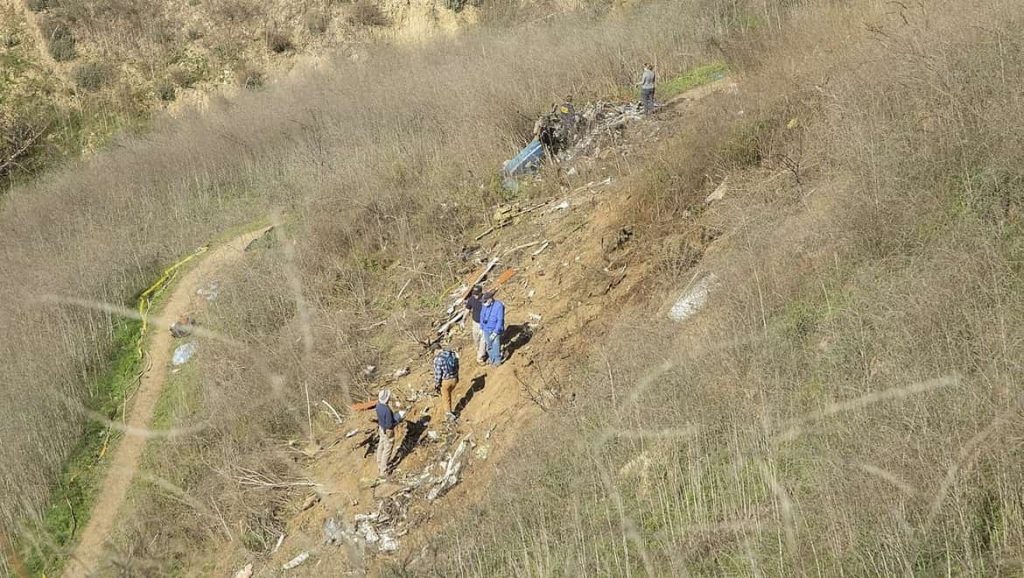
The US National Transportation Safety Board (NTSB) has cited the pilot’s “poor decision making” in adverse weather conditions as the probable cause of the helicopter crash that killed retired NBA star Kobe Bryant and his daughter in January 2020.
The NTSB noted that the pilot did not follow appropriate standard procedures for flying through cloudy weather, and was likely feeling “self-induced pressure” to complete the flight despite the weather, due to the nature of the passengers.
The safety board also criticised the pilots “poor decision to fly in excess of airspeed”.
The combination of these factors ultimately left the pilot disoriented and out of control of the aircraft.
According to the NTSB, moments before the crash, the pilot told air traffic controllers that the helicopter was climbing out of the heavy clouds.
However, in actual fact, the aircraft was descending at the time, before it crashed into a hillside near the town of Calabasas in California, outside of Los Angeles.
The Sikorsky S-76 was carrying the pilot, Bryant, and seven others on board when it crashed on 26 January 2020.
Earlier investigations by the NTSB found no evidence of catastrophic mechanical failure in the aircraft’s engineers and rotors, nor did it find any drugs in the system of the pilot.
“Unfortunately, we continue to see these same issues influence poor decision making among otherwise experienced pilots in aviation crashes,” the board said.
“Had this pilot not succumbed to the pressures he placed on himself to continue the flight into adverse weather, it is likely this accident would not have happened.”
The NTSB also named the company that operated the helicopter, Island Express Helicopters, criticising the company for “inadequate review and oversight of its safety management processes”.
In light of the investigation, the NTSB has urged the US Federal Aviation Administration (FAA) to require additional simulator training to address “procedures needed to recognise and respond to changing weather conditions” and to convene a panel to address pilot disorientation.
It also called on the FAA to require flight data recorders in all charter helicopters.
The FAA said it “takes NTSB recommendations very seriously” and said it was reviewing the feasibility of requiring all charter companies to install such recorders on their aircraft.












